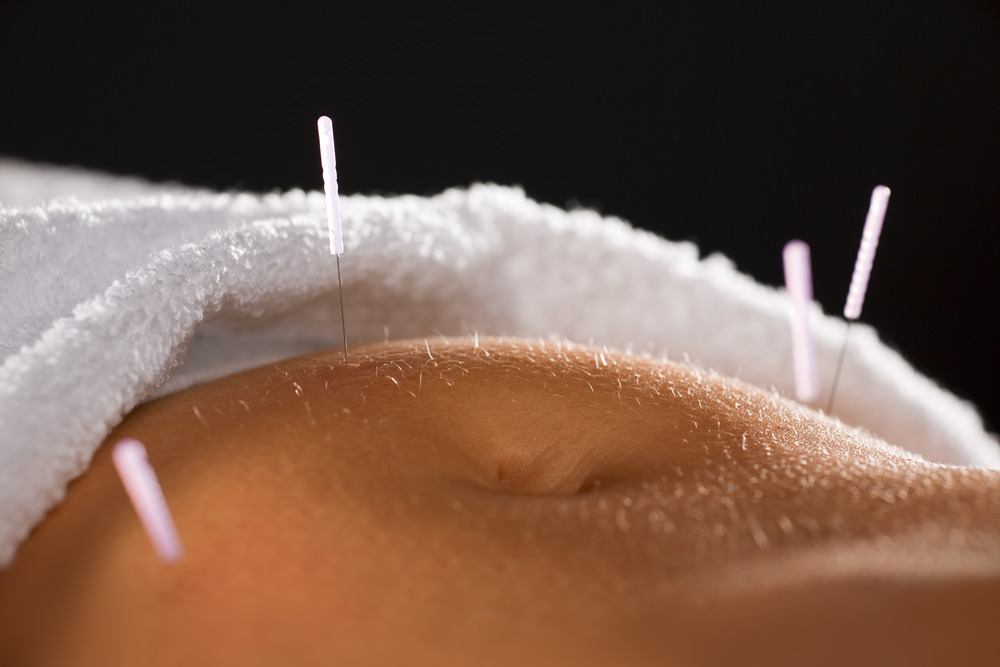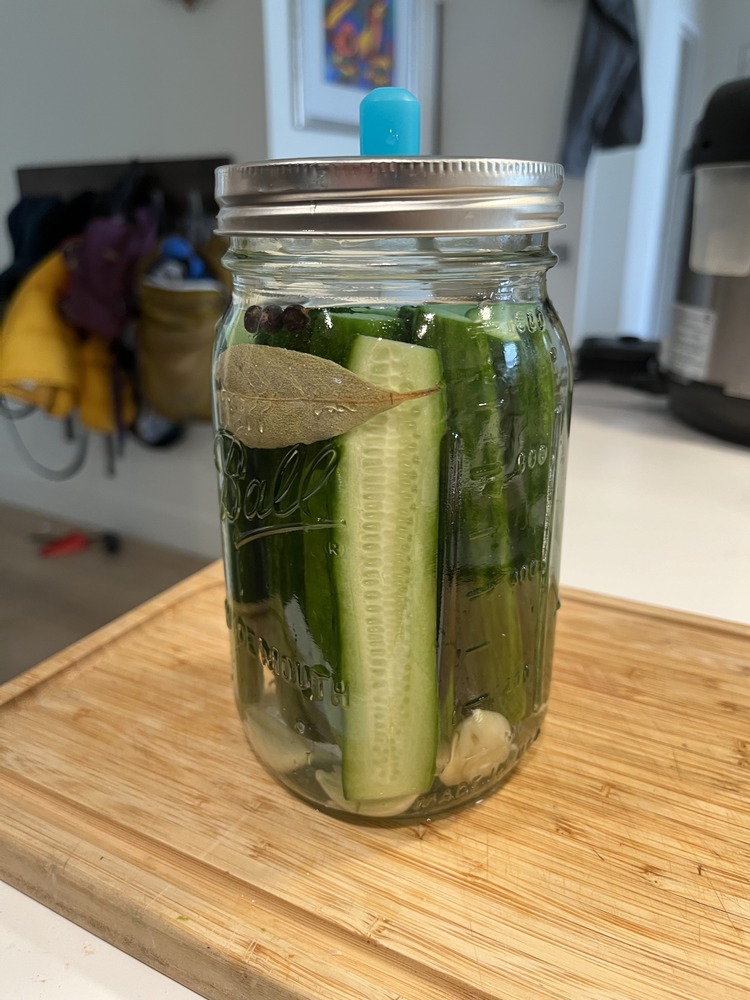
A few of acupuncture’s good “side effects” include better sleep, less anxiety and depression, and help in stress management. Even if they are coming in for something else such as back pain or a skin condition.
After their first treatment, most of my patients notice that they feel more relaxed and often ask me why.
Acupuncture’s ability to improve overall health and improve quality of life for people is one of the most powerful and mysterious aspects of the treatment. So, how does it address the whole person, both the body and mind at the same time? To answer that question we must first understand Acupuncture’s holistic view of the body.
Acupuncture’s Holistic View of the Body
Acupuncture physiology discusses the strong effect emotions have on the physical aspects of the body. In diagnosis and treatment, Chinese medicine links specific emotions with specific functions in the body. Stress and worrying can affect the digestive system. Stress can also cause pain, because it stops the free flow of qi. Fear can impact urination. Anger causes heat and can lead to headaches or dizziness.
Connecting the physical body to the emotions makes sense. We all know when we are nervous because we physically feel it. Your heart rate increases, you may get sweaty palms, or even blush. It is also widely known that stress and anxiety can have a negative impact on health. Emotions affect our physical health, but it can also work the other way. Our physical health can affect the emotions as well. That’s why regular physical activity, stretching, yoga, and tai chi, makes us feel better emotionally.
Chinese medicine therapies, like acupuncture, Chinese herbs, and acupressure, are all physical treatments, but they also impact mental health. Sometimes emotional distress can cause the disease. Other times, the overall imbalance in your body is the cause of your main problem. By correcting these imbalances the treatment addresses both the mind and body.
How does Acupuncture Address the Whole Person?
The metaphor of the root and branch symbolize Chinese medicine’s approach to treatment. The branch is the symptom, such as pain. The root is the main imbalance that causes the disease. A Chinese medicine physician’s goal is to treat the root of the problem, not just the branch. Correcting the root can lead to long-term improvement and recovery.
For example, back pain. The pain itself is the branch of the disease. The underlying imbalance is the root. In many cases, the imbalance is caused by poor circulation of qi, or energy, which causes the muscles to remain tight. The lack of qi flow also creates other problems, such as poor sleep. By improving the flow of the qi, the treatment addresses the root imbalance. This not only reduces the back pain but also improves sleep.
Modern Research About Acupuncture’s Holistic Effects
Contemporary research is beginning to show how acupuncture works in the brain to affect both physical and mental health. Using an fMRI scanner, a scan that tracks blood flow within the brain, scientists have shown that acupuncture affects a part of the brain called the limbic system. The limbic system is involved with emotional control. It is also involved with memory and behaviors such as addictions as well as hormonal regulation.
This remarkable study showed that acupuncture may calm the parts of the brain associated with the limbic system, therefore resulting in a calming effect on the person’s state of being. It is possible that acupuncture’s cumulative long-term capacity to improve health and well-being may have something to do with this ability to calm the limbic system.
A success Story of Healing the Whole Person
A recent patient with headaches at my acupuncture clinic reminded me of the powerful way acupuncture treats the whole person.
She was coming in for tension headaches which were exacerbated by seasonal allergies. Stress was also a major factor.
The acupuncture had almost an immediate effect in reducing the headaches. After 4 treatments she had very little pain.
The following month this patient returned for follow up acupuncture treatment. And she reported she did not have any PMS or cramps that month.
The acupuncture treatment was focused on the headaches, but correcting the underlying imbalance helped to heal the whole person.



